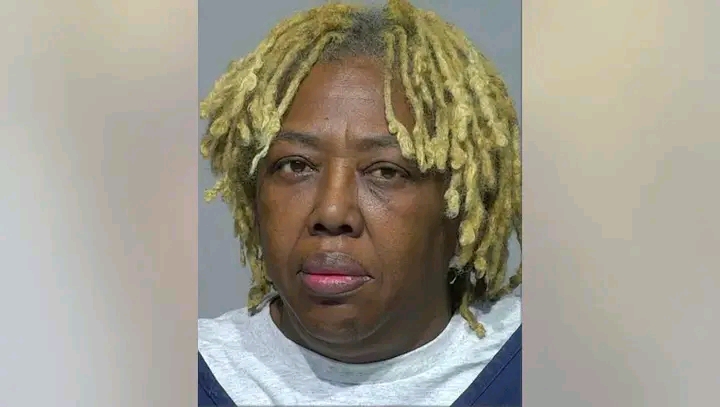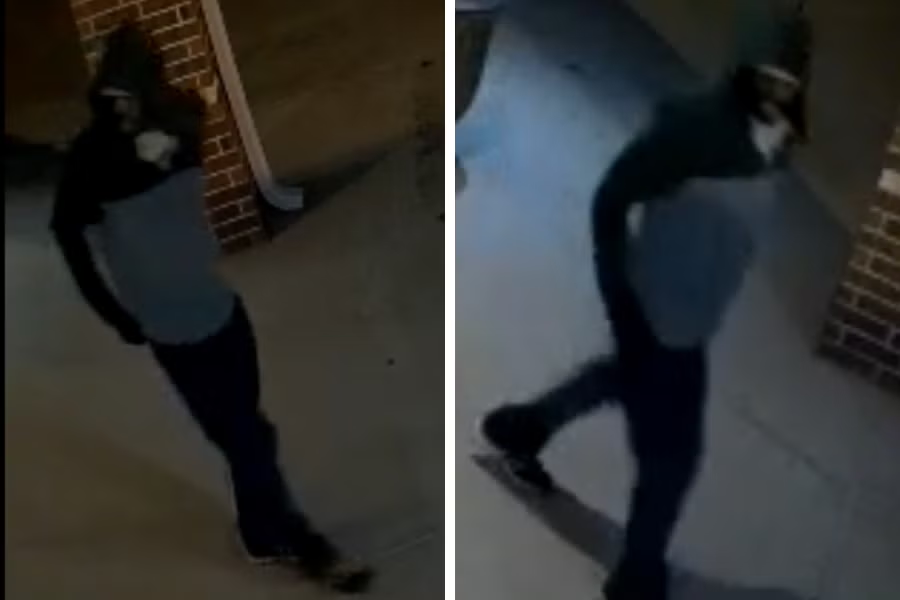Husband Fatally Shot by Doris Winters in Milwaukee Domestic Dispute: Community Reeling After Tragic Incident
Milwaukee, Wisconsin – May 31, 2025 — A tragic domestic incident has left a Milwaukee family and community in deep shock after Doris Winters, 56, fatally shot her husband during a heated argument in their shared apartment. The altercation, which escalated quickly and ended in irreversible violence, has raised serious concerns about domestic conflict, access to firearms, and the emotional toll of unresolved interpersonal strife.
Authorities report that the confrontation occurred on the evening of May 31 at an apartment complex in Milwaukee. According to witness accounts and a police statement, Doris Winters retrieved a loaded handgun during the argument and ultimately fired a fatal shot into her husband’s back while others stood nearby. Despite efforts to intervene and emergency responders arriving at the scene, the man was pronounced dead shortly after the shooting.
A Sudden Flashpoint in a Longstanding Conflict
The shooting took place in the presence of at least one eyewitness who later provided critical details to investigators. According to the individual’s statement, the couple had been engaged in an ongoing argument that evening. At one point, Doris Winters reportedly declared the firearm was loaded before ultimately using it.
The man attempted to deescalate the situation by leaving the room and speaking briefly with another family member upstairs. However, his return sparked renewed anger. In a moment of extreme distress, Doris Winters fired the shot while the witness stood between the couple.
After the shooting, Doris Winters reportedly told police, “He called me a [expletive] for the last time and I just shot him. Because I’m just tired. I know I shouldn’t have shot him, but I’m just tired.” Her words have since resonated deeply within the broader discussion surrounding emotional exhaustion, mental health, and domestic strain.
Legal Charges and Ongoing Investigation
On June 4, the Milwaukee County District Attorney’s Office formally charged Doris Winters with reckless homicide, a serious felony under Wisconsin law. The charge reflects what prosecutors have called a “tragic and unlawful act of violence,” but they have also acknowledged the need to understand the full context in which the shooting occurred.
Winters remains in custody as the legal process begins. She is expected to appear in court in the coming days. Legal experts anticipate the case will involve testimony not only about the night of the incident but also about the nature of the couple’s relationship and the emotional dynamics leading up to the shooting.
The Victim: A Life Lost in the Heat of Conflict
Though authorities have not publicly released the victim’s name pending full family notification, those close to the couple describe the man as a long-time resident of Milwaukee. Friends and neighbors have expressed grief and disbelief over the incident, struggling to come to terms with a domestic situation they never expected would end in tragedy.
“He wasn’t perfect, but no one deserves to die like that,” said one community member who knew the family. “It’s just heartbreaking.”
A Neighborhood in Shock
The shooting occurred in a residential apartment complex where many families live in close quarters. Several residents described hearing a loud argument followed by a single gunshot. Within minutes, emergency vehicles arrived, and police secured the scene.
Witnesses say Doris Winters emerged from the apartment moments later and placed the handgun on the ground as officers approached. She was taken into custody without resistance.
Children and other residents were present during the commotion, and many have since spoken about the emotional toll the incident has had on the building’s residents.
Mental Health and Domestic Stress
While Doris Winters did not formally claim any history of mental illness in initial interviews, her repeated statements about being emotionally “tired” have prompted renewed discussions around mental health support, particularly for individuals involved in high-conflict domestic relationships.
Experts in crisis intervention stress that emotional burnout and prolonged exposure to verbal or emotional conflict can exacerbate impulsive behavior, especially when firearms are easily accessible.
“This incident reflects a breakdown of communication, support, and intervention,” said one licensed family counselor based in Milwaukee. “When someone says they’re ‘tired,’ we must ask what they mean and what resources they have—or don’t have—to cope with their situation.”
Reckless Homicide and the Law in Wisconsin
Under Wisconsin law, reckless homicide involves causing the death of another human being under circumstances that show utter disregard for human life. Prosecutors must prove that Winters acted recklessly and that her conduct directly resulted in her husband’s death.
Legal analysts expect the case to center on not only what happened in the seconds before the gun was fired but also on the events leading up to it. The presence of witnesses and the clarity of her statements at the scene will likely influence the course of the trial.
A Tragic Reminder of Domestic Violence Risks
Though not every domestic dispute ends in violence, this incident starkly illustrates how quickly tempers can escalate when anger, exhaustion, and weapons combine. Community organizations dedicated to domestic abuse prevention are calling attention to the importance of early intervention, counseling, and conflict resolution strategies.
“This is a tragedy on all fronts,” said a spokesperson for Milwaukee’s Coalition Against Domestic Violence. “One person is dead, another faces serious criminal charges, and a family has been shattered. We must do more to reach families before situations become irreparable.”
Community Response and Support
In the days since the incident, community groups and residents have organized informal gatherings to support the grieving family and those impacted by the violence. Emotional and spiritual counselors have been made available to residents of the apartment complex, especially children who may have witnessed or overheard parts of the incident.
Local clergy and grief counselors have stressed the importance of processing trauma in healthy ways and have invited residents to share stories and concerns in safe, supportive spaces.
Looking Forward: Healing and Accountability
As the legal process unfolds, many questions remain unanswered. What support did Doris Winters and her husband have? Were there previous signs of escalating tension? Could intervention have prevented this tragedy?
While courts will ultimately determine legal accountability, the broader community continues to wrestle with the emotional weight of what happened—a stark and painful reminder of how deeply personal conflict can ripple outward, leaving destruction in its path.
Final Thoughts
A life was lost. Another is forever changed. And a community now mourns not only a death but the breakdown of a relationship that reached a fatal conclusion. The path forward will require both justice and compassion—justice for the victim, and compassion for all those left in the wake of this tragedy.




